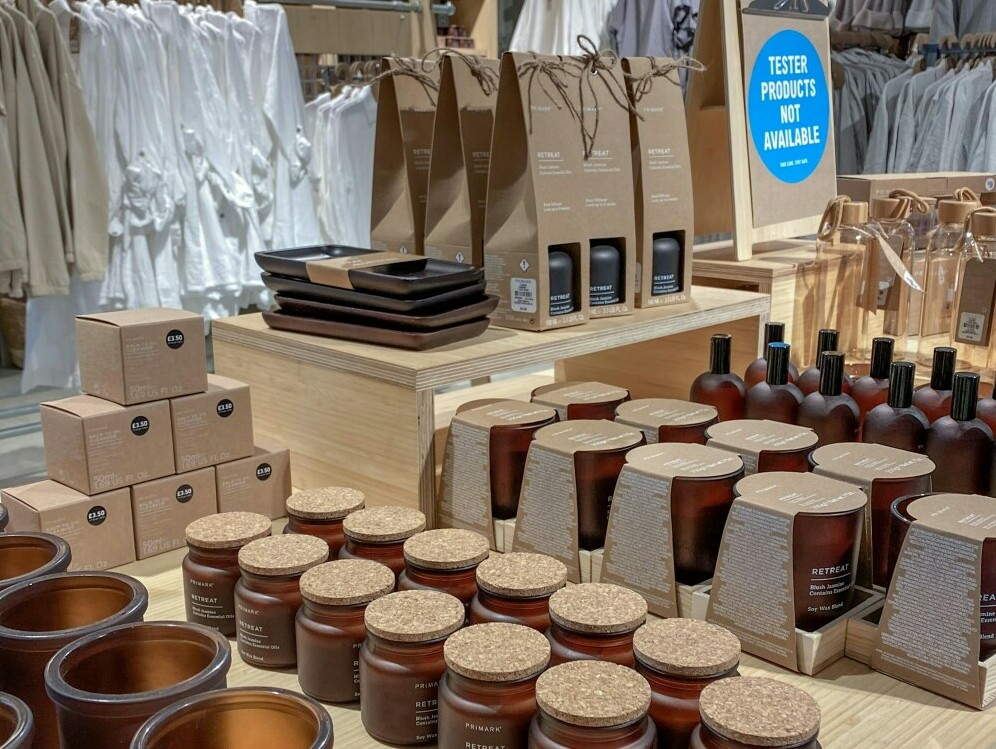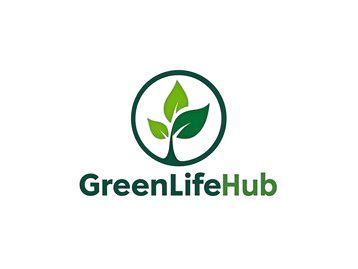Table of Contents
Introduction
When we talk about fair trade, we’re delving into a world where equity, respect, and sustainability are integral to business practices. Fair trade is a movement that seeks to empower producers in developing countries by offering better trading conditions and securing the rights of marginalised workers and farmers. It banks on specific core principles which include fair wages, safe working conditions, and transparent trade practices to ensure that all stakeholders in the supply chain are treated justly.
But what exactly does ‘ethically sourced products’ entail? It’s a commitment to obtaining goods in a responsible and sustainable way, ensuring that every hand it passes through, from the farm to your home, is treated with fairness and dignity. Ethical sourcing takes into account the social, economic, and environmental impact of production, striving to minimise any negative footprint.
Gaining a fair-trade certification is a significant milestone for producers. It not just validates their adherence to strict standards but also serves as a bridge connecting them to conscientious consumers. For you, the label is a sign that what you’re buying aligns with your values of equitable labor practices and environmental stewardship.
Distinguishing fair trade from traditional trade is crucial. Traditional trade often prioritises profit without considerable regard for the repercussions on communities or ecosystems. Fair trade, in contrast, is about creating an inclusive economy—one where success is measured not just by financial gain, but by the welfare of people and the planet.
With this understanding, let’s take a closer look at how these practices play out on the global stage and why their importance can’t be overstated.
The Global Significance of Fair Trade Practice
Imagine a world where every purchase you make helps to uplift a community, protect the environment, and promote a more equitable global economy. That’s the essence of what fair trade practices aim to achieve. But what does this mean on a larger scale, and how do fair trade efforts ripple across the globe?
Let’s start with the human aspect. Fair trade is designed to support local economies in the developing world. By ensuring that farmers and workers receive a fair wage, these practices help reduce poverty and improve living conditions. It means that when you opt for a fair-trade coffee, you are directly impacting a farmer’s ability to access healthcare, education, and housing.
But fair trade doesn’t just transform individual lives. It’s also about promoting sustainable practices that benefit our planet. Many fair trade products are grown and harvested in ways that minimise environmental impact – like using fewer pesticides and implementing waste reduction practices. These eco-friendly methods often preserve biodiversity and protect natural resources, contributing to a healthier Earth.
Success stories abound, providing tangible evidence of fair trade’s positive impact. For instance, chocolate produced under fair trade standards has been linked to better income for cocoa farmers and their communities, less child labor, and more environmentally conscious farming practices.
Consumer choices have true power. When people choose products that are fair trade-certified, they encourage more businesses to consider the socio-economic and environmental footprints of their supply chains. It’s not merely a transaction; it’s a vote for the world we want to live in.
As we transition into examining what goes into making a product truly ethically sourced, remember that each choice, each purchase, carries the potential for profound global change. In the next section, we’ll dissect the notion of ethical sourcing and dig into how it intersects with the principles of fair trade, adding another dimension to this story of sustainability and ethics in commerce.
Ethical Sourcing: Beyond the Label

You’re going to find out about what makes a product ‘ethically sourced’ and why this label means more than just good intentions. Ethical sourcing is anchored in tracking the journey of products from origin to shelf, ensuring that every step meets specific standards for workers’ rights, environmental protection, and fair pay.
Verifying ethical sourcing claims isn’t just a once-over process. It’s about continuous scrutiny and ensuring that suppliers uphold their end of the bargain. This includes regular audits by third parties, transparent reporting, and a receptive approach to feedback and improvement.
However, this space isn’t without its challenges and controversies. Accusations of greenwashing and tokenistic gestures can taint even the most well-intentioned efforts. Ethical sourcing requires a vigilant discernment to separate genuine practices from marketing ploys.
The intersection of ethical sourcing with corporate social responsibility (CSR) showcases how deep these initiatives can run. Companies today aren’t solely judged by profit margins but also by their contributions to social and environmental causes. That’s why it’s crucial for them to weave ethical practices into the very fabric of their business strategies.
Moving ahead, you’re going to see how an unwavering commitment to ethical sourcing influences not just the producers but all the intricate parts of the supply chain. The next section will delve deeper into the real-world outcomes for farmers, artisans, and the overall quality of the products we consume.
Impact on Producers and Supply Chains

When you choose fair-trade certified goods, you’re not just buying a product; you’re supporting a set of values. At its heart, fair trade prioritises the people behind the products. I’m going to show you how this movement impacts the lives of producers and the entire supply chain.
One of the hallmarks of fair trade is its ability to improve the livelihoods of farmers and artisans. What does this look like in practice? Farmers receive fair prices for their products, which means stable income and the opportunity to plan for the future. Artisans gain access to international markets they might have otherwise been excluded from. But this isn’t just about higher incomes; it’s also about communities building schools, health centres, and investing in local development thanks to fair trade premiums. If you would like to read more about benefits of shopping and supporting your local green grocers then please click here.
You’re going to find out about how fair trade leads to shorter, more transparent supply chains. This means every time you purchase a product, you can trace the journey it’s made, almost from the field to your hands. An added bonus? This level of traceability often correlates with higher quality and even sparks innovation in production methods as workers and farmers strive for excellence.
I’ve had the chance to collect stories from the field that are truly inspiring. Producers in different parts of the world tell us that fair trade has not just changed their businesses, but also their lives. It gives them a voice in the international marketplace and a sense of dignity in their labor. This isn’t just a feel-good story. It’s real change for real people.
Consumer Awareness and Responsibility
Understanding your role in the fair-trade movement is crucial. It’s about making informed choices that align with values of justice and sustainability. Now, you’re going to find out about practical ways to ensure you’re supporting fair trade and ethically sourced products.
Have you ever wondered if your spending habits can make a real difference? Guess what? They can. Studies show that consumers willing to pay a bit more for fair-trade certified goods can significantly impact the lives of producers. This isn’t just about feeling good; it’s about creating tangible change.
There’s a lot of opportunity in education to increase ethical consumption. Various organizations offer resources to help you understand the impact of your purchases. These tools can guide you in making choices that support fair trade practices and ethical sourcing.
I’m here to help you join the movement. By taking part in community events, signing petitions, or even starting a conversation about fair trade, you contribute to a growing consciousness about ethical consumption. Don’t worry too much about starting big; every small action counts.
Choose products that resonate with you. Whether it’s coffee, chocolate, or clothing, opting for fair-trade options makes you part of a larger story about respect for people and the planet. And when looking for ethically sourced items, scrutinize the brands’ claims. Transparency is key, and companies truly committed to ethical practices will provide evidence of their sourcing.
Looking Ahead: The Future of Fair Trade and Ethical Sourcing
I’m going to wrap up our discussion with a peek into what might lie ahead for the fair trade and ethical sourcing movement. With consumer awareness and demand at an all-time high, the trajectory is pointing towards a more conscious global marketplace.
You’re going to find out about the emerging trends that are shaping the future of fair trade. This includes everything from blockchain for supply chain transparency to apps that make ethical shopping a breeze. Companies are getting creative, and that’s opening up a lot of opportunity in the field.
A lot is happening very quickly in terms of technology’s role. Innovations are enabling us to verify the origin and ethical standards of products like never before, which is going to make trust even more central to sourcing practices.
Now, regulatory changes are on the horizon. We can anticipate more stringent standards, possibly government-backed, that set the bar higher for what’s considered ‘fair’ or ‘ethical.’ This isn’t just about tighter controls; it’s also about giving ethical producers better access to markets.
I really hope that this movement continues to grow because fostering a sustainable and equitable global marketplace isn’t just good ethics, it’s good business. The consumer voice has never been louder, and it’s clear that people are choosing to align their shopping choices with their values.
Remember, your first attempt doesn’t need to be your last. If you’re not sure where to start, choose a product that resonates with you. The journey to more ethical consumption can begin with a single, purposeful choice. As these practices evolve, your approach can too. The key is to start somewhere, and keep learning.
Kay,
greenlifehub.com

